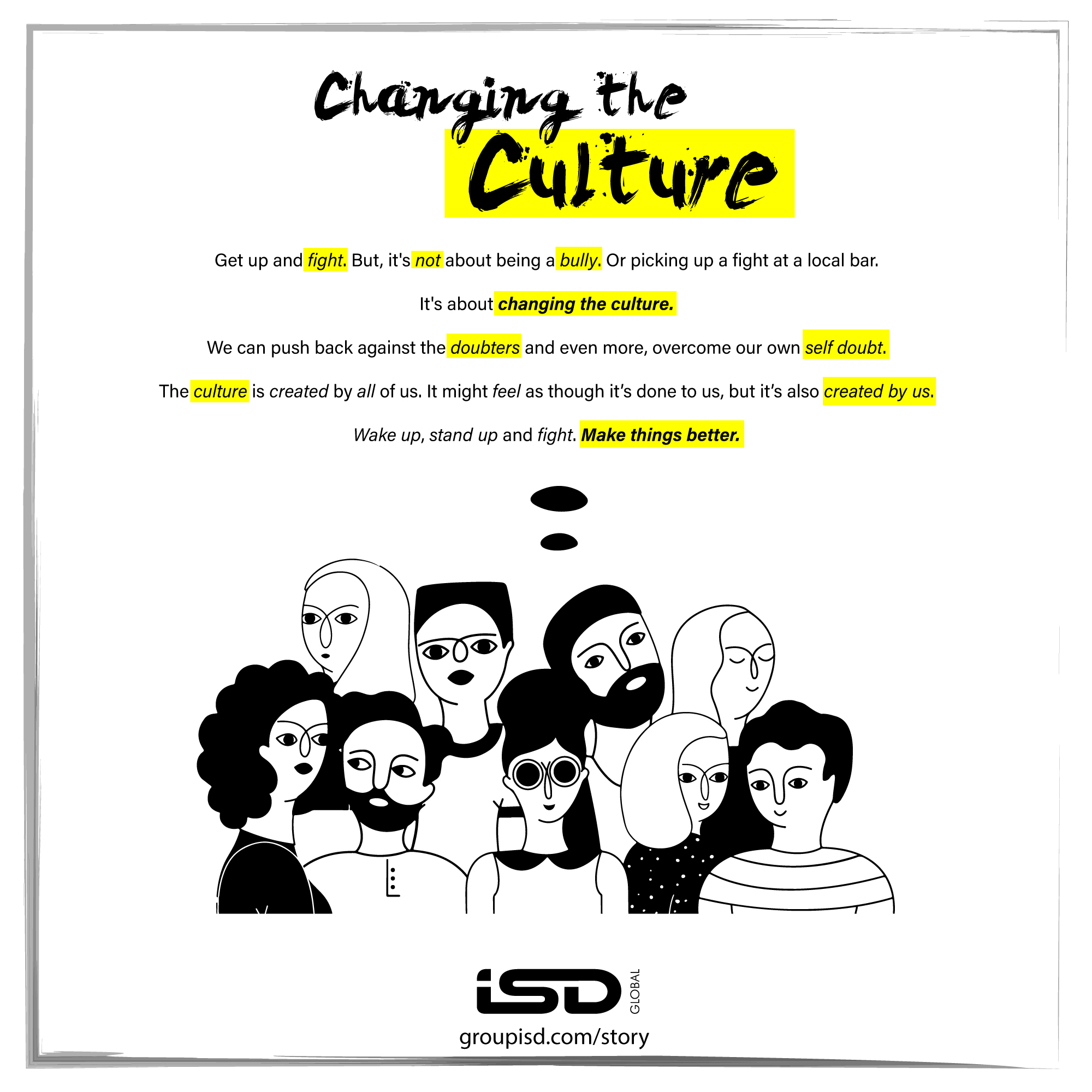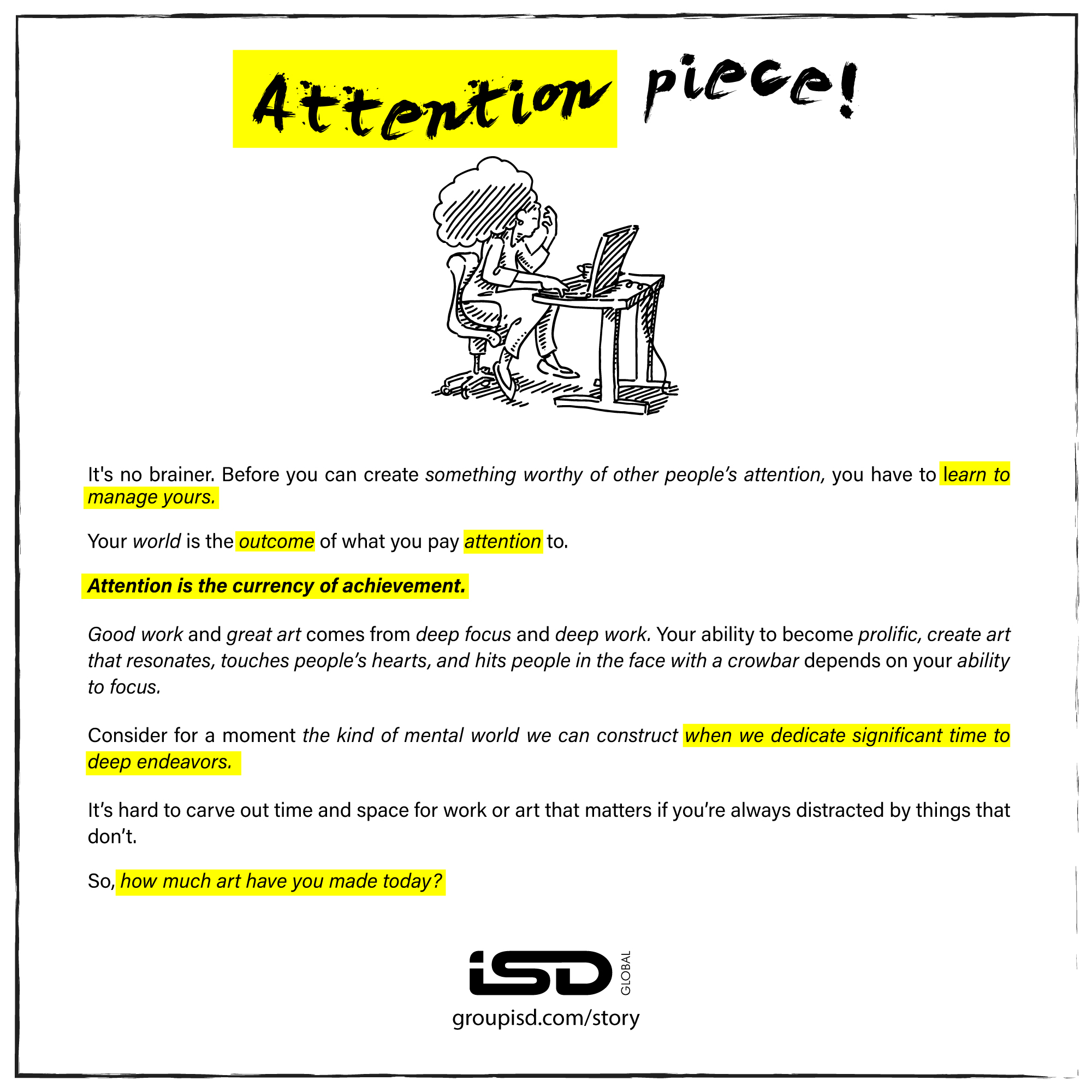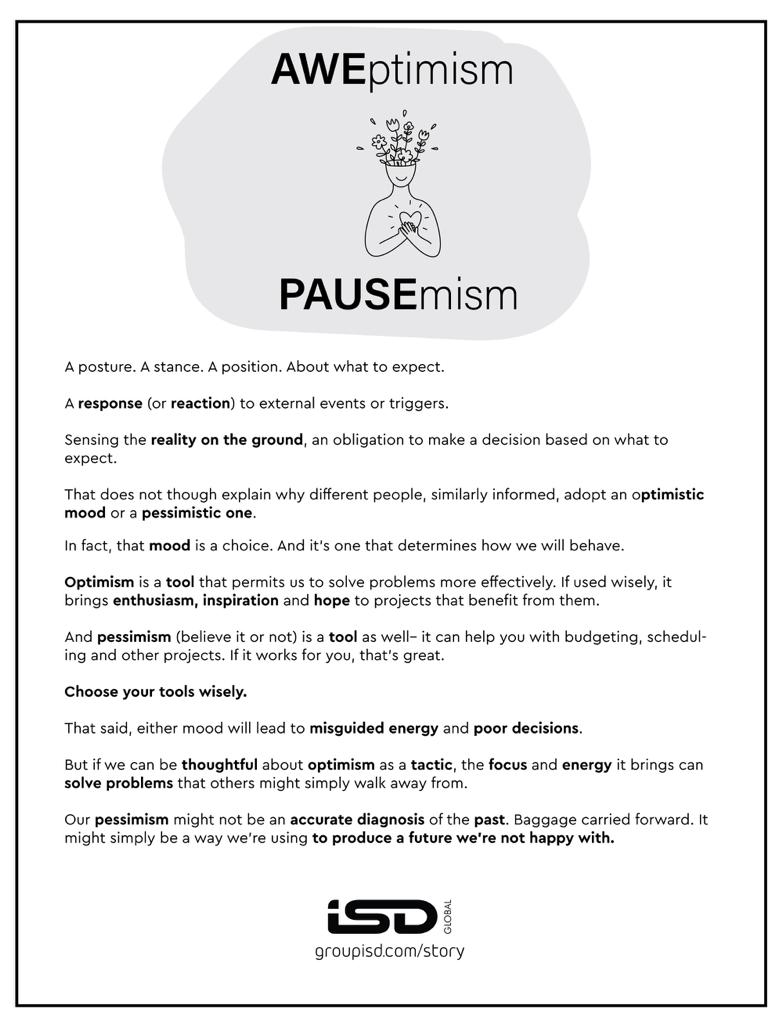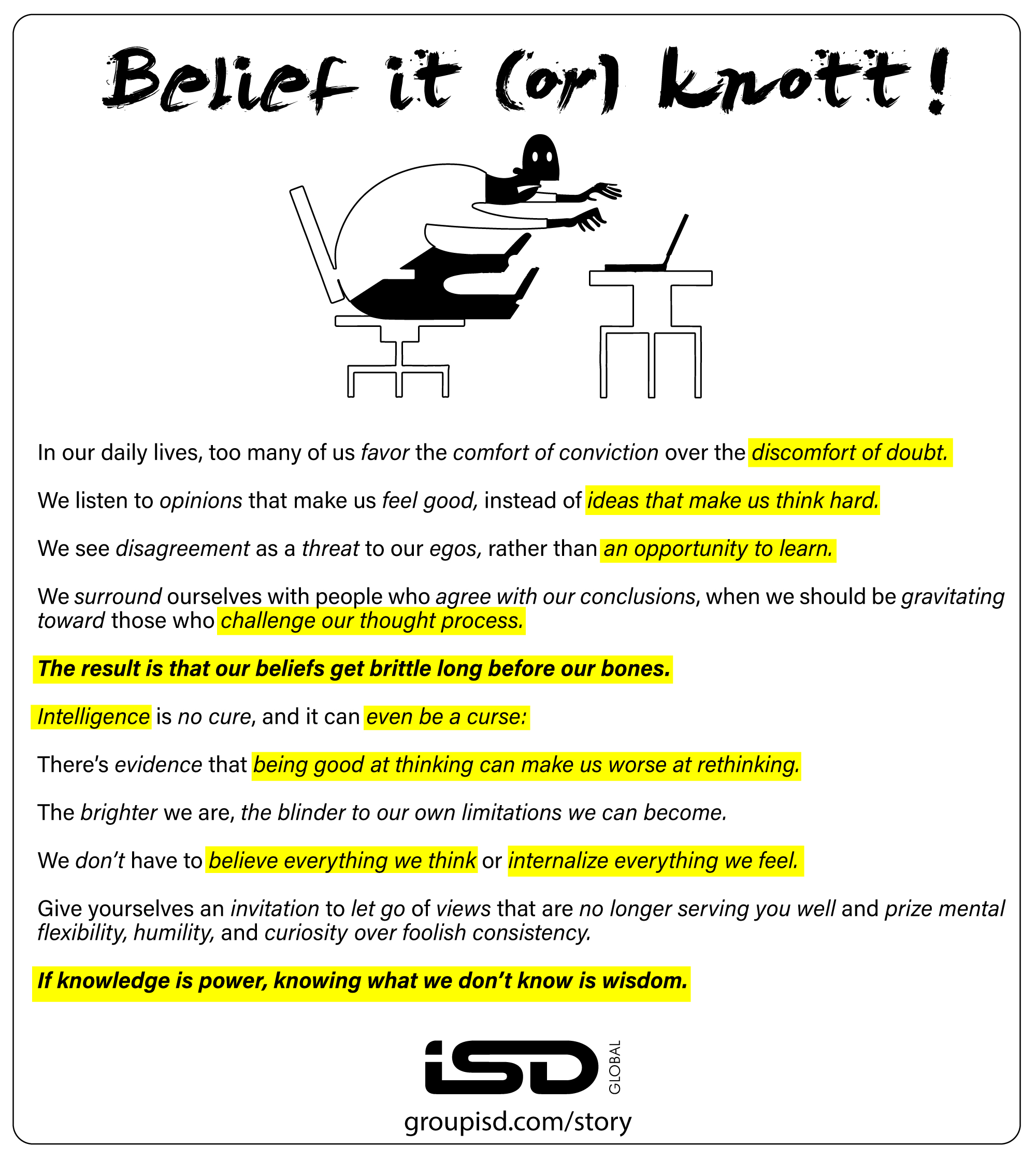Nor does the human brain. Or kids. Or how to deal with success. Or cope with failure. Nothing off the shelf here. You will not find an instruction manual on ‘How To Cope With A Debilitating Worldwide Pandemic ” on any book store shelf or on Amazon.
Any system with all the leverage at its command, cannot lead itself. So, no point in being a silent follower.
Yes, there are things that come with instruction manuals. For eg., a screenplay is really an instruction manual, and it can be interpreted in any number of ways. The casting, the choice of location, the costumes and make-up, the actors’ reading of a line or emphasis of a word, the choice of lens and the pace of the cutting, the background score, the advertising and promotion – these are all part of the translation.
That being said, the paradox is baffling. The machines and gadgets that have made our lives so much brighter, quicker, longer and healthier is that they cannot teach us how to make the best use of them; the information revolution came without an instruction manual .
So, what are we getting at here? Certainly not jumping out of a plane and then trying to assemble the parachute(if you have one) on the way down.
A worldwide calamity is not marginalising anyone or focusing more on someone. It’s even stevens for all stakeholders. How we respond and react is completely up to us, all of us, any of us, without any distinction. We can see that crisis as a possibility to take responsibility, to lead, be proactive, be generous, to help, to heal, to understand and look ahead towards a better tomorrow.
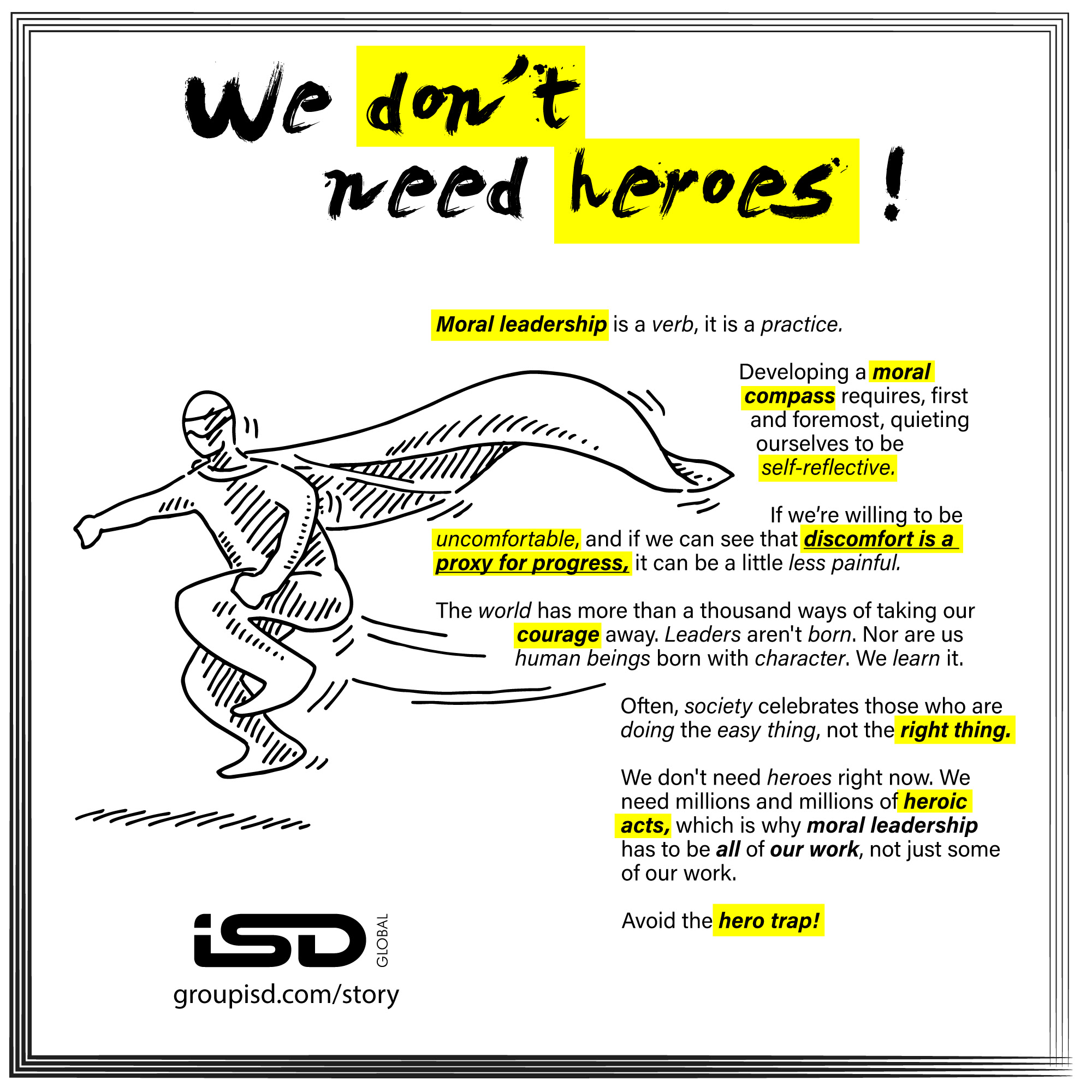
Why should it be the remit of only the frontline workers or doctors or nurses to be in the firing line? Some of us are better than the one of us. And all of us are certainly much much much better than the some of us.
The Power of Now as Eckhart Tolle puts it is a great catalyst. Whether it is the climate war that all of us have to wage starting the day before yesterday or a looming food security crisis that we need to anticipate and prepare to blunt, it has to be all hands on deck. There are no instruction manuals on taking responsibility, being proactive, offering generosity and creating a culture of doing good.
In a ‘ business as unusual ‘ zeitgeist, pretending that it is business as usual will be a selfish pursuit. When situations like the one we talked about above are evenly distributed without any discrimination, collective survival and flourishing weighs far above the tyranny of individual profit.
It is a wonderful opportunity for all us. To lead, to care, to make the change.
Life is an equal opportunity employer. Time to take charge.
ENDS

